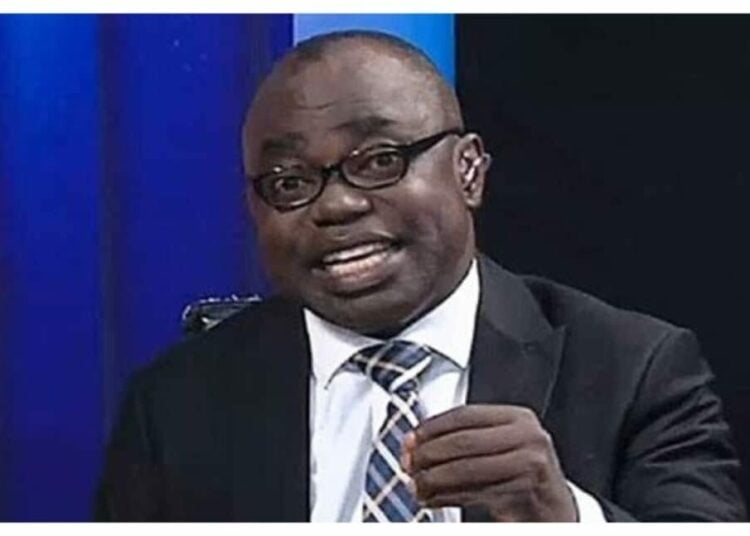By Habeeb Olayinka Lawal, Esq, AICMC
When Senior Advocate of Nigeria, Professor Yusuf Olaolu Ali, recently urged the National Assembly to strip the courts of the power to declare winners in election petitions, his call struck a chord across the country. To many Nigerians disillusioned by endless litigations after elections, his proposal sounded like a fresh democratic awakening. The respected learned silk, Professor Ali argued that allowing judges to decide who governs undermines the will of the people and exposes the judiciary to political suspicion. Indeed, this view resonates in an era where every election seems to end in the courtroom rather than at the ballot box.
Yet, while his concern is sincere and his diagnosis apt, his prescription, with due respect, risks treating the symptom while deepening the disease. Removing the courts’ power to declare winners may sound democratic in theory, but in practice, it could plunge our electoral process into a cycle of repeated polls, endless disputes, and prolonged instability.
The truth is that Nigeria’s democracy is still evolving through tension between the ballot box and the bench. Yet, to remove the judiciary’s power to declare winners after determining the true result of an election is to create a vacuum that could destabilize both.
Under Section 136 of the Electoral Act 2022, the law already provides a structured approach for post-election justice. It empowers the court to:
- Order a fresh election where the election is voided for procedural or general irregularities;
- Declare the runner-up as winner where the candidate with the highest votes was unqualified; and
- Declare as winner the candidate who actually scored the highest valid votes where evidence so establishes.
This framework reflects a delicate balance between respecting the people’s mandate and ensuring judicial finality. To remove these powers would be to strip the law of its corrective capacity, thereby leaving the people without remedy when their votes are stolen or their choice distorted.
The problem, therefore, is not that the courts declare winners, but that politicians have refused to accept outcomes, whether at the polls or in the courtroom. As the Supreme Court observed in TARZOOR V. IORAER (2016) 3 NWLR (Pt. 1500) 463, per Ngwuta, J.S.C., our political class must learn that “success and failure are the end products of our electoral process… a politician aspiring to elective office must have the mindset to win, but also be prepared to accept failure.” His Lordship lamented the enormous waste of public resources on what often turn out to be “storms in a teacup.”
In the same spirit, the Court of Appeal in UWA V. EMELE (1999) 4 NWLR (Pt. 600) 677, per Pats-Acholonu, J.C.A., condemned the culture of politicians who, having participated in flawed elections, “rush to the court when they are defeated,” forgetting that elections, like every contest, must produce both winners and losers.
If every nullified election were to be referred back to the electorate, as suggested by the learned silk, Nigeria could find itself trapped in a vicious cycle — one petition leading to another poll, and another petition thereafter. We would have an electoral system in perpetual motion, with no finality and no governance stability. The economic and administrative cost of such repetition would be unsustainable, and the country’s democratic rhythm endlessly disrupted.
What Nigeria needs is not the removal of judicial powers but a renewal of democratic discipline, firstly, among politicians who must accept defeat in good faith, and within the judiciary itself, which must continue to uphold transparency, courage and restraint. Judicial power, when properly exercised, is not an intrusion on democracy; it is its safeguard.
The courtroom should not replace the ballot box, but it must remain the protector of its integrity. Section 136 was not designed to subvert the will of the people, but rather, it was crafted to defend it when that will have been violated.
If the judiciary’s image suffers from its involvement in elections, the solution lies not in stripping its powers but in strengthening its credibility. Transparent reasoning, timely adjudication, and judicial courage are the real antidotes to public mistrust.
Consequently, if democracy means the rule of law and the supremacy of the people’s mandate, then the courts remain an indispensable pillar of that democracy. To take away their power to right electoral wrongs would be to leave the people defenseless in the face of political impunity.
True democracy is not only about voting, it is also about justice. And justice must have the courage, when necessary, to declare who truly won.















